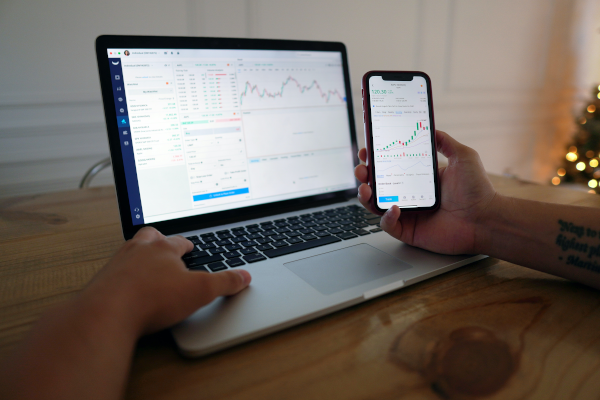Should Value Investors Be Watching JPMorgan Chase?
Value investing by its formal definition is looking for stocks that appear to be trading for less than their intrinsic or book value. By that definition, JPMorgan Chase (NYSE: JPM), America's largest bank by assets, is certainly not a value stock. However, value investors with a less formal perspective may simply be looking for stocks that they deem to be insufficiently appreciated, and there could be an argument that JPMorgan fits into this category. Let's take a look.
Book value itself isn't the best way to look at the intrinsic value of a bank. Tangible book value is better because it factors out intangible assets that are hard to put a number on, like goodwill. JPMorgan hasn't traded below tangible book value since around the beginning of 2012. In fact, the company looks a lot more like a growth stock over the past decade, appreciating more than 230% from the beginning of 2010 to the end of 2019.
JPMorgan has done pretty well during recessions, all things considered, faring better than any of the other big four banks during the Great Recession and the coronavirus pandemic. While the bank's earnings in 2020 dropped from 2019, JPMorgan still generated $29.1 billion of net income after reserving heavily for potential loan losses. Furthermore, even in March 2020, when stocks were getting creamed because of the pandemic, JPMorgan's share price didn't drop below tangible book value. At Thursday's prices, the bank traded at around 200% of tangible book value.
Source Fool.com





